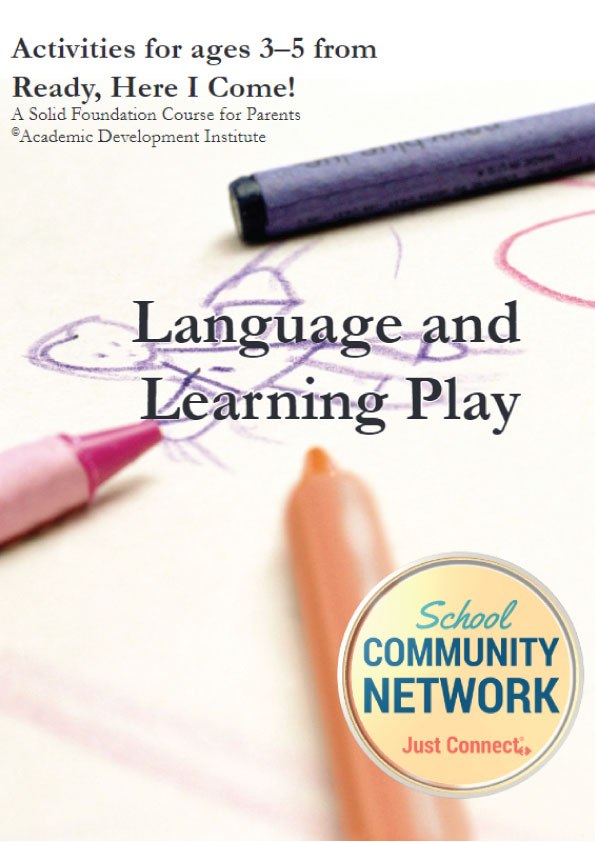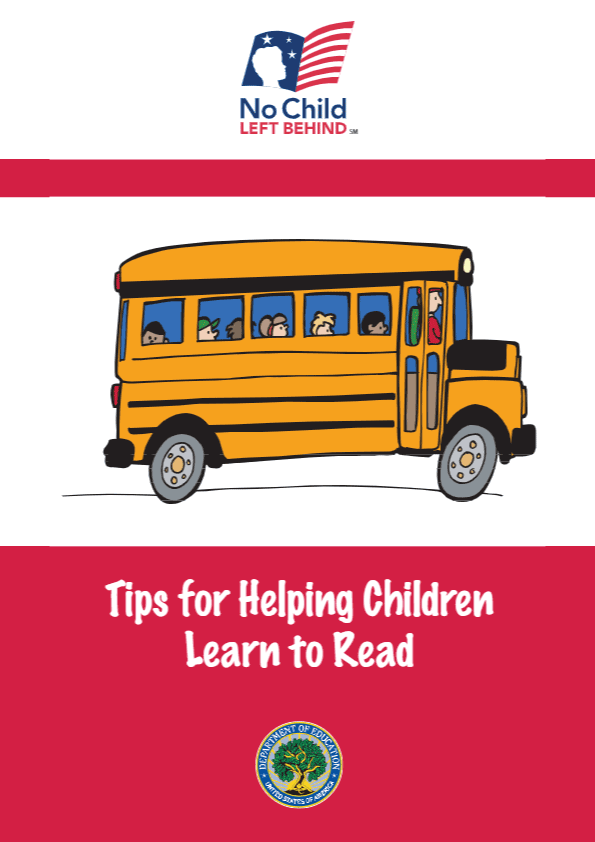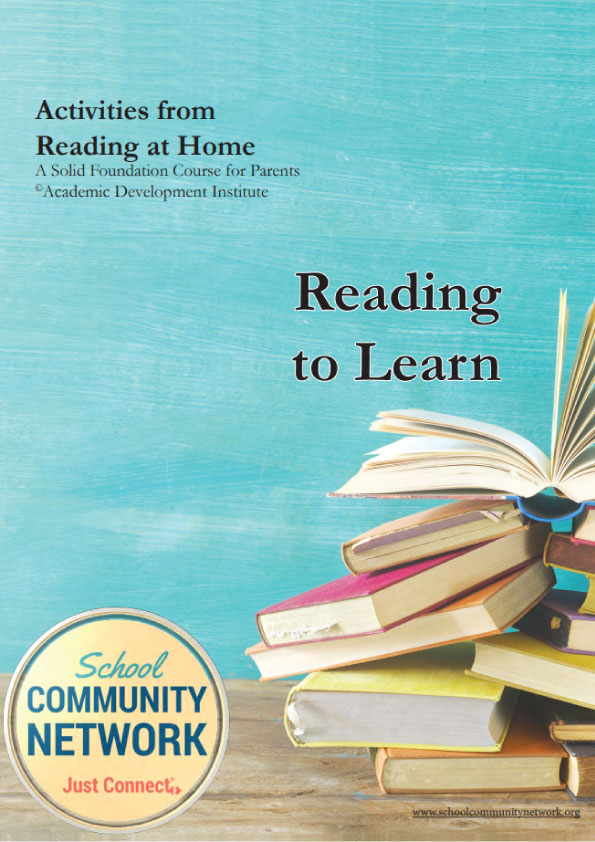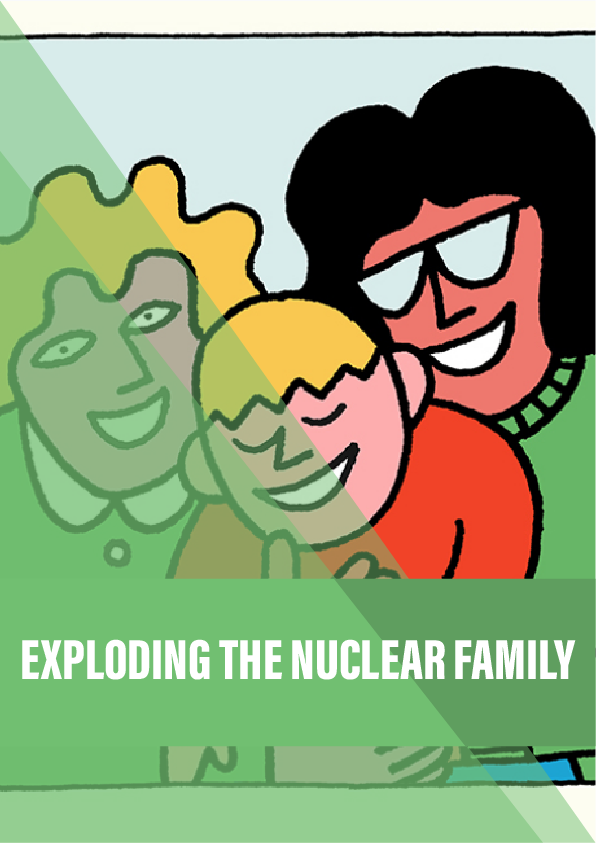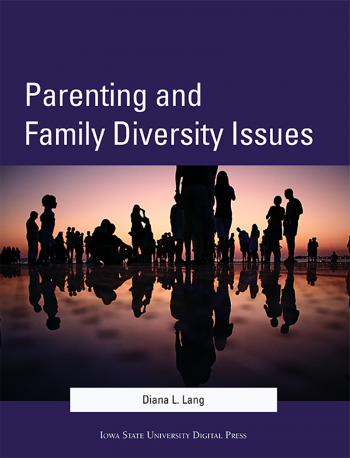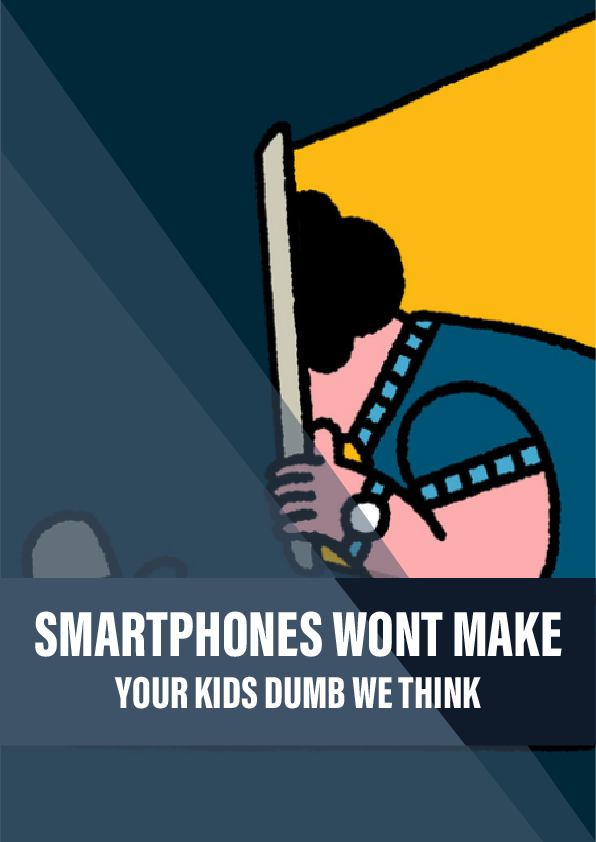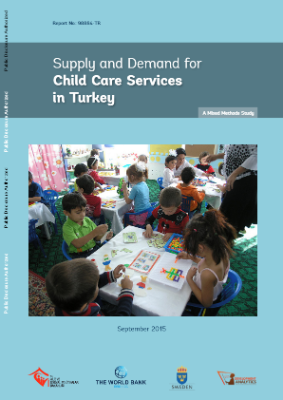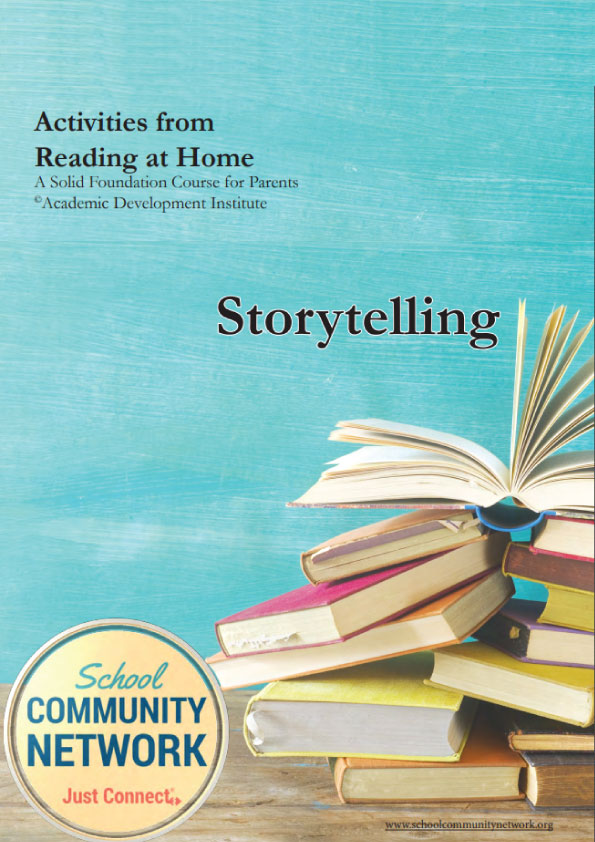Children love to play with words. Rhymes and verses are repeated over and over again. They like the sound of words. They invent words and are delighted with their inventions. School, of course, is a very verbal institution. At school, children learn to read and to write. They receive verbal instructions from their teacher. They express themselves with words. Preparing a 3- to 5-year-old child for school means preparing a child to deal with words.
Words That Are Fun
Think of fun words from your own childhood or fun words your children have enjoyed. The words may have been used to describe something. They may be funny names for people in the family or nicknames. They may be crazy words someone made up. They may be silly words from a song, story, book, or movie.
“Family Fun-Word Journal.” Keeping a family journal of fun words and their meanings will provide source of good memories in the future. The journal may also include favorite phrases, rhymes, and verses.
“Welephant” is fun for preschoolers. Take turns adding a letter sound to the beginning of familiar words. This is a good way to learn letter sounds.
“Endings” is a great game to play with children. Start a sentence, then ask the child to finish the sentence. At first, the sentence may be finished with one word. Encourage the child to stretch the sentence, finishing it with several words. Older children may even stretch the sentences into short stories. Examples of sentences are:
- “I walked around the corner and saw a…”
- “She found the little kitten in the…”
- “I woke up in the middle of the night when I heard a…”
- “The sky is…”
Understanding categories is another important skill in school. Placing things in categories means first knowing how they are alike, and knowing how other things are different. In any game or play activity that uses visual discrimination (seeing differences), it is important to discuss with children why they think the objects are alike or different.
“Alike and Different.” A nature walk or stroll through the neighborhood can provide an opportunity to play “Alike and Different.” Ask your child to find two
flowers that are the same color or two flowers that are different shapes. Ask the child to explain how two leaves are alike or are different. Let the child ask you to find two “alikes” or two “differents.” Cars, houses, signs, and other objects can also be used.
“Where are the Bs?” Where are the “ands?” Ask your child to search through a newspaper or other paperwork and circle all of a specified letter or a simple word.
This is a good way to develop the skill of recognizing categories while also learning letters and words.
Remembering accurately depends on first capturing the information to be remembered. This requires concentration. Some games and play activities require both concentration and memory.
“PATTERNS, patterns, PATTERNS” is a game that can be played with simple, household objects. Gather a few small objects, such as checkers, buttons, Cheerios, and beads—or it might be the same kind of object but different colors or sizes. Make a simple pattern with three of the objects. For example, place in a row a button, a checker, and another button. For a younger child, ask them to make the same pattern. For an older preschooler, after your child has had a chance to look at the pattern, mix up the objects and ask the child to repeat the pattern. You can make the pattern gradually more difficult by adding more objects and by placing the objects in more complicated patterns, such as button, checker, checker, button, or repeat the simple pattern to form a cross or a circle, for example. Let your child create patterns for you to repeat.
•• ▲▲ “Matching” is a card game that requires both concentration and discrimination. Cut 14 squares of white paper. Draw a different shape on each of 7 of
the squares—circle, rectangle, square, star, triangle, diamond, oval. Now draw the same shapes on the other 7 squares of paper so that you have a matched set for each shape. Turn all the cards upside down. Ask your child to turn over two cards at a time. If the cards match, he may keep them. If they do not match, he turns them upside down again. Soon your child will remember the location of each shaped card. The game can also be played with numbers, letters, cut-out pictures, or playing cards
Create Family Fun-Word Journal
Keep track of fun words your children enjoy. The words may be used to describe something. They may be funny names for people in the family or nicknames. They may be crazy words someone made up. They may be silly words from a song, story, book, or movie..
